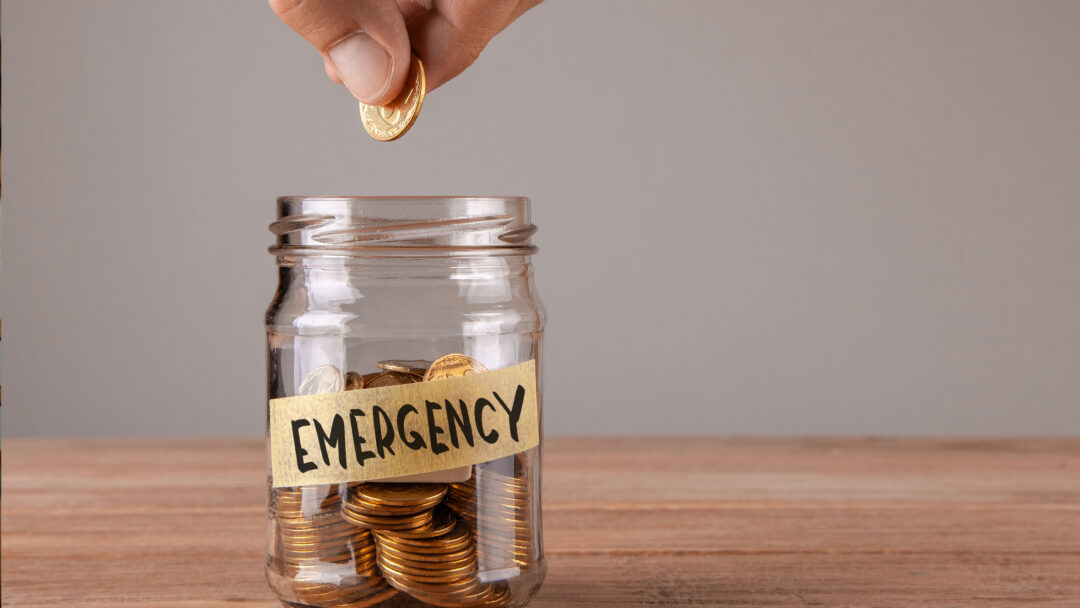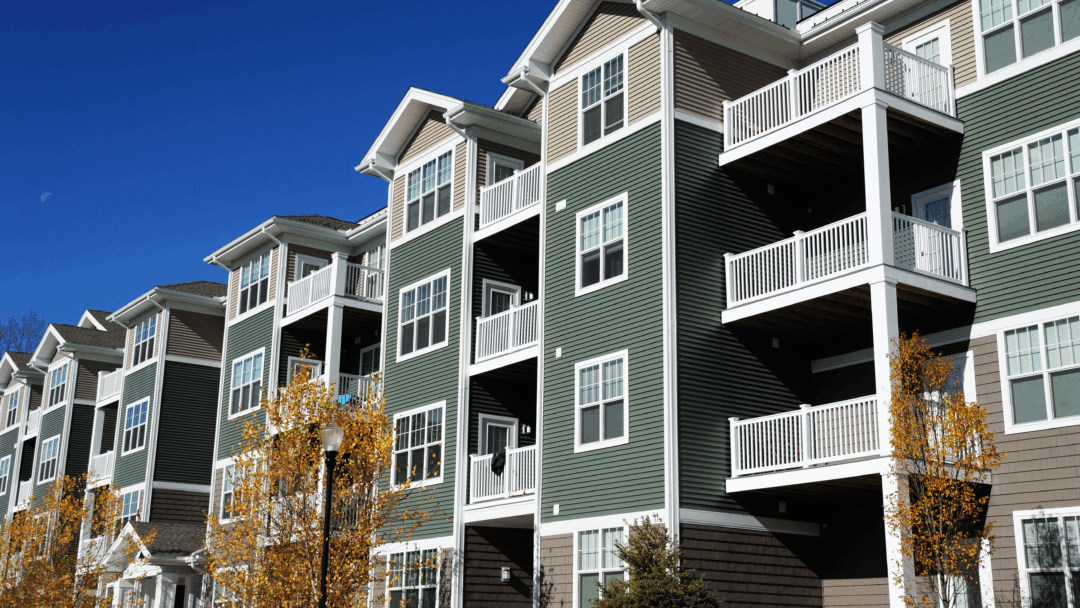National Debt Relief can connect you
with multiple debt help options based on where you live
Select your state below to learn more:
- Select your state
- Alaska
- Arizona
- Arkansas
- California
- Colorado
- Delaware
- District of Columbia
- Florida
- Guam
- Idaho
- Indiana
- Kentucky
- Louisiana
- Maryland
- Massachusetts
- Michigan
- Minnesota
- Mississippi
- Missouri
- Montana
- Nebraska
- Nevada
- New Mexico
- New York
- North Carolina
- Oklahoma
- Pennsylvania
- Puerto Rico
- South Dakota
- Tennessee
- Texas
- Utah
- U.S. Virgin Islands
- Virginia
- Washington


How Debt Relief Works in 4 Life-Changing Steps
At National Debt Relief, We have helped over 1.2 million people toward a brighter future with debt settlement. We negotiate with major credit card issuers and banks to reduce debts, and cover most unsecured debt. For anyone carrying the burden of credit card debt, personal loans, private student loans, collections or business debt, it starts with one simple call and ends with you living again, debt free!
Frequently asked questions
Everything you need to know about debt relief
At the core of our client relationships is one simple factor: trust. We know that fostering trust is vital. And it starts by doing more listening than talking. As effective listeners, we can better identify our clients’ goals and concerns, then develop debt relief solutions tailored to each client’s unique situation.
Our commitment to customer care leads the industry. We do what we say we’re going to do, and always act in our client’s best interest. National Debt Relief is proud to be the most respected provider of debt relief services in the country. We’re A+-rated and fully accredited with the Better Business Bureau (BBB). And we’re proud to be the top-rated Debt Settlement Company by our clients — with tens of thousands of reviews and testimonials that include:
- TopConsumerReviews – rated #1 for Debt Settlement
- TopTenReviews – rated #1 for Debt Settlement
- ConsumersAdvocate – rated #1 for Debt Settlement
- ConsumerAffairs – rated #1 for Debt Settlement
- 46,954 reviews on ConsumerAffairs with a 4.83 out of 5.00 rating
- 31,949 reviews on TrustPilot with a 4.8 out of 5 rating
Our track record speaks for itself. We help thousands of new clients a month start their path to debt relief – and we’ve helped hundreds of thousands of clients resolve billions in consumer debt. We take tremendous pride in our industry leadership. We’re active, accredited members of the American Fair Credit Counsel (AFCC), as well as Platinum Accredited through the IAPDA (International Association of Professional Debt Arbitrators).
We deliver results, and we deliver them the right way.
Beyond our signature Whole Human Finance™ approach to debt relief, our clients have access to a wide network of partners including options for consolidation loans, credit counselling services, bankruptcy referrals, and more. Our team of debt relief experts will review your unique situation and offer solutions based on your situation, your location, and your goals.
Debt Relief is the core of National Debt Relief’s Whole Human Finance™ approach. It can cut your monthly payments immediately to relieve cash flow pressure and help you focus on becoming debt-free as inexpensively and quickly as possible.
Our program is easy to understand. Rather than paying your creditors, you’ll deposit a monthly payment to a Dedicated Savings Account, in your name and under your control. As funds build up, we’ll contact your creditors to negotiate and agree upon reduced balances. (Because you’re no longer paying the creditor, they will likely view getting a reduced amount as better than risking no payment at all.) Then, you’ll authorize us to use the funds in your Dedicated Savings Account to pay your creditors the lower, negotiated amounts. As accounts are paid off, they should be reported back as a zero balance.
National Debt Relief goes way beyond making sure you can afford us – we take the time to review your budget to make sure the solution we suggest will actually help take the pressure off. And, because you can customize your deposit schedule, it’s easier to feel in control throughout the process.
National Debt Relief does charge a fee for our service, but all program fees are already included in your Dedicated Savings Account deposit. And, unlike other programs with hardship solutions, our fee is entirely performance-based. We earn nothing for our work until we’ve achieved the results you want, and you feel great about the savings.
Our fees vary by state and the amount of your debt (about 15-25% of your enrolled debt). Compared to the thousands of dollars in interest you may pay on credit cards while struggling to pay them off, you can still expect to see an impressive amount of savings with National Debt Relief.
While every program differs, here’s an example from a recent client:
“Mary” came to National Debt Relief owing $22,800 between credit cards and a personal loan and was paying a little over $1020/month. Having recently transitioned to a fixed income, her focus was reducing the payment and getting rid of the debt. She set up a $362/month deposit for an estimated 48 months (4 years) to become debt-free.
Because all fees were included, “Mary’s” debt could be resolved for about $17,300 instead of an estimated $63,434 based on minimum payments.
Get A Free, No-Obligation Debt Relief Consultation
- Get A Free Savings Estimate Today
- See How Quickly You Can Be Debt Free
- No Fees Until Your Accounts Are Settled




